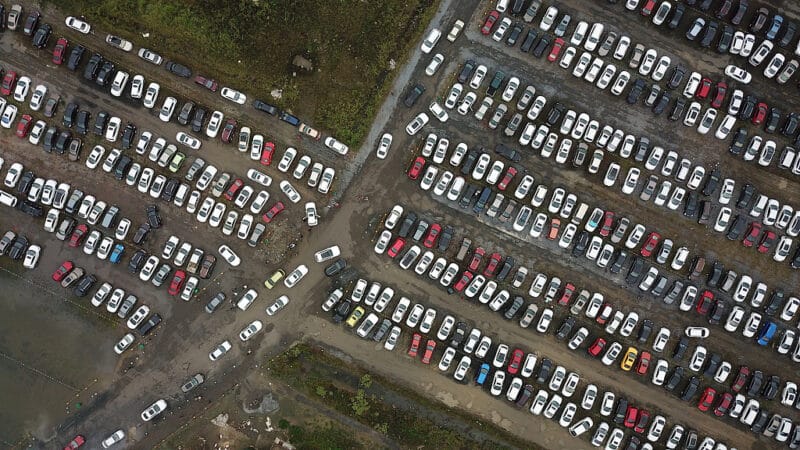Chengdu, the bustling Chinese southwestern metropolis with a 21 million-person population, plans to retire 300,000 old cars and replace them with over 300,000 new energy vehicles (NEVs) within the next three years. NEV is a Chinese term for battery electric vehicles (BEVs) and plug-in electric vehicles (PHEVs).
According to a government document released on Thursday, this ambitious vehicle replacement program is a key part of Chengdu’s broader strategy to modernize large-scale equipment and encourage the trade-in of outdated consumer goods.
By the end of last year, Chengdu had registered 7.1 million motor vehicles, marking a 7.1% increase from the previous year. Private car ownership surged by 8.1%, reaching 5.43 million vehicles, propelling Chengdu past Beijing as the city with the most car owners, based on data from the Ministry of Public Security.
Chengdu is offering incentives to encourage the transition from traditional fuel vehicles to NEVs. According to Lan Huajuan, Deputy Director of the Chengdu Municipal Commerce Bureau, the city will provide subsidies of 8,000 yuan (1,100 USD), 5,000 yuan (690 USD), or 2,000 yuan (275 USD) depending on the size of the scrapped vehicle. Additionally, citizens purchasing NEVs before June 30 will receive an extra 5,000 yuan (690 USD) incentive.
By 2027, the number of recycled scrapped cars should double, the dismantling capacity of end-of-life vehicles should increase by 20%, the recycling of used home appliances should grow by 35%, and the trade-in volume of second-hand vehicles should rise by 50%, according to Chen Jian, deputy director of the Chengdu Development Commission.
Local officials claim that with these measures, Chengdu is positioning itself as a leader in the adoption of new energy vehicles and the promotion of sustainable development.



